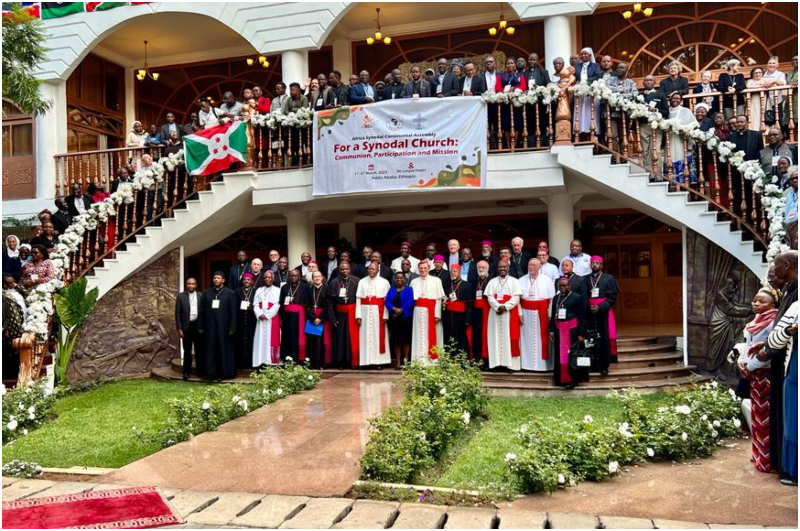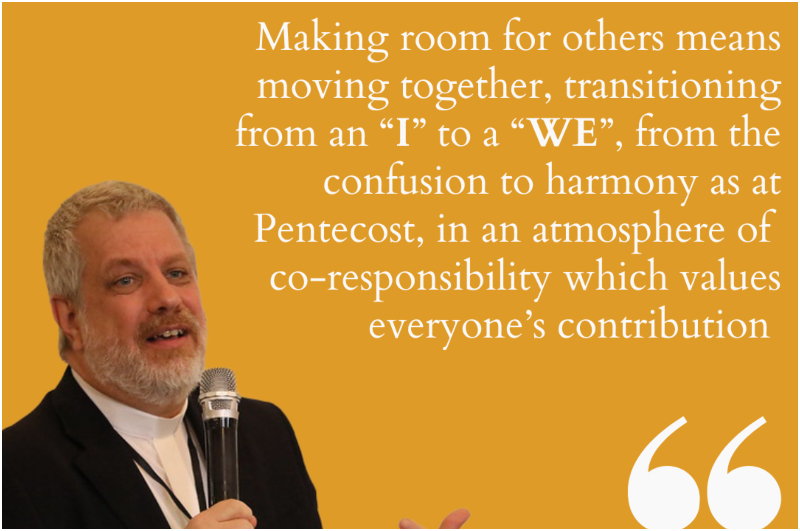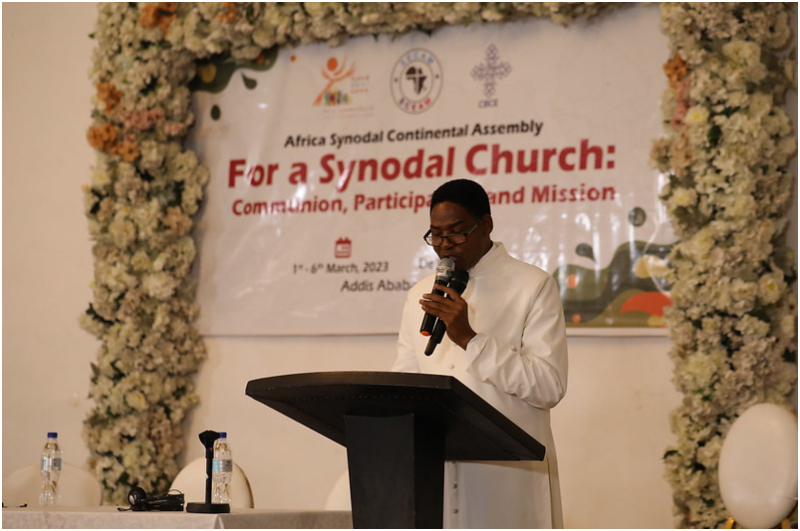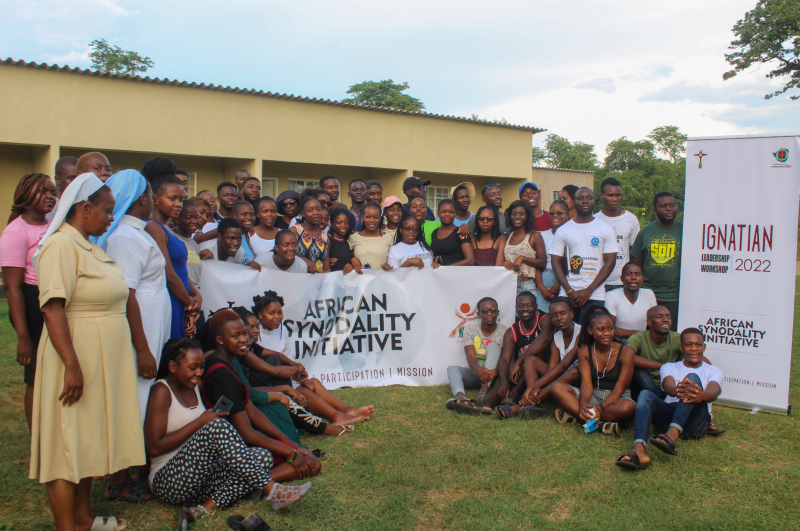

The International Movement of Catholic Students (IMCS) and African Synodality Initiative (ASI) are collaborating on an initiative called Youth Digital Synodal Participation.
The new initiative aims to encourage Catholic youth, particularly tertiary students, to take part in synodal proceedings and lead active synodal lifestyles. Catholic young leaders will receive the resources they need from the project to motivate other youths and involve them in the synodal process.
IMCS plans to achieve this objective through a number of initiatives, including the identification of Catholic youth leaders, the delivery of Youth-to-Youth Mobilization Training, the launch of a Social Media Campaign, the creation and dissemination of cutting-edge synodal information items, and the improvement of trained youths' capacity for mobilizing and disseminating synodal information.
IMCS is putting a focus on synodal engagement principles that contribute to improved young leadership and leadership abilities as well as redesigned youth participation in church processes in partnership with the African Synodality Initiative. IMCS seeks to increase youth participation and voice in continental and global synodal processes, educate and develop future youth leaders in their communities and institutions of origin, and create more spaces for youth engagement through skill development and awareness-raising.
In 12 countries from the Western and Southern Africa IMCS sub-regions by the end of 2023, the Youth Digital Synodal initiative seeks to inform, inspire, and train young people about the synodal process and prepare them to become active synodal leaders. IMCS intends to accomplish this goal by training 52 youths virtually in social media management skills, training 80 Catholic youth leaders virtually in synodal leadership and mobilization skills, and launching a social media campaign on Facebook, Twitter, and TikTok to boost youth-to-youth synodal engagements.
The African Synodality Initiative, National Catholic Youth Offices, Jesuit Youth Provincial Offices, and IMCS Sub-Regional Offices must work together for the project to be successful. By developing a network of youth leaders who will continue to mobilize and involve youth in future church activities, the initiative has the potential to end the cycle of youth token participation. The rate of youth involvement and the loop of tokenistic participation will decline as more adolescents are exposed to the synodal process, grow in their capacity for engagement and leadership, and gain knowledge from other African youths.
Related Articles
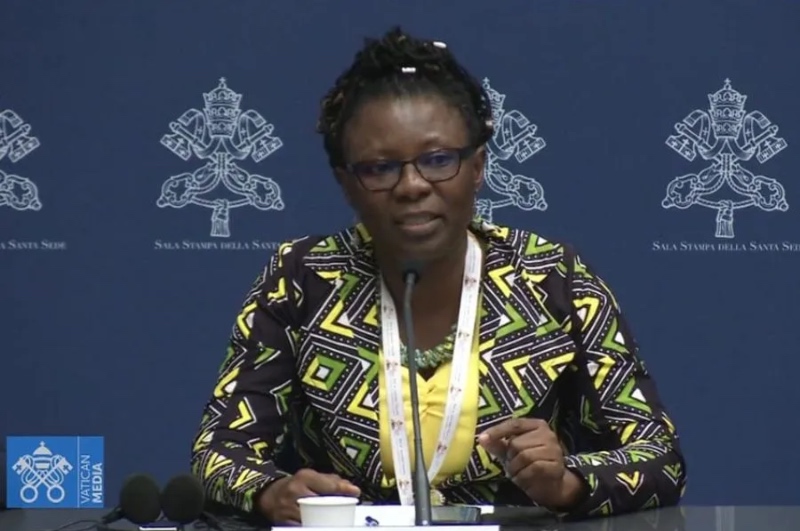

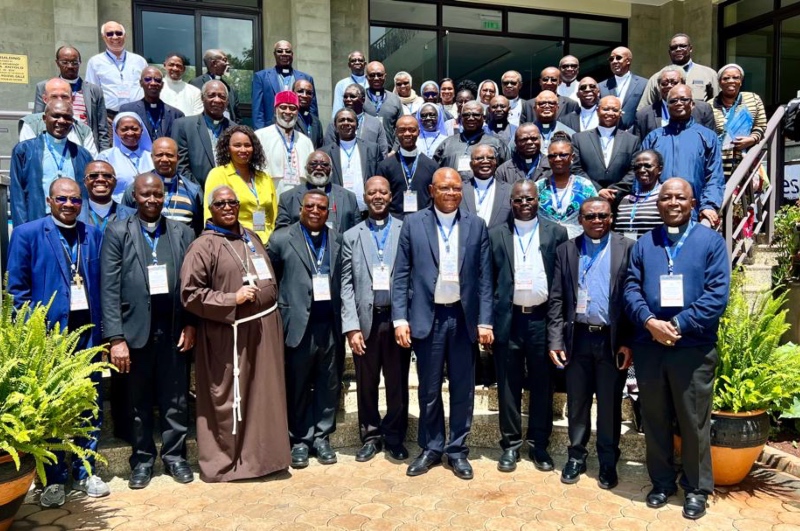
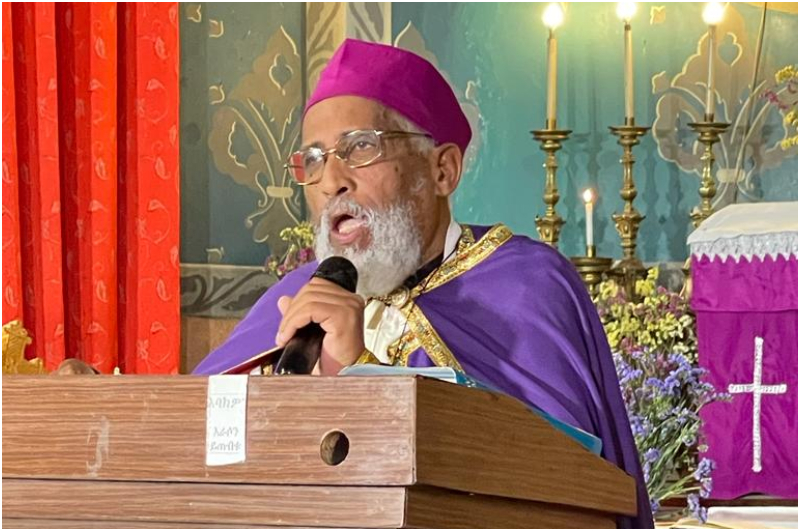
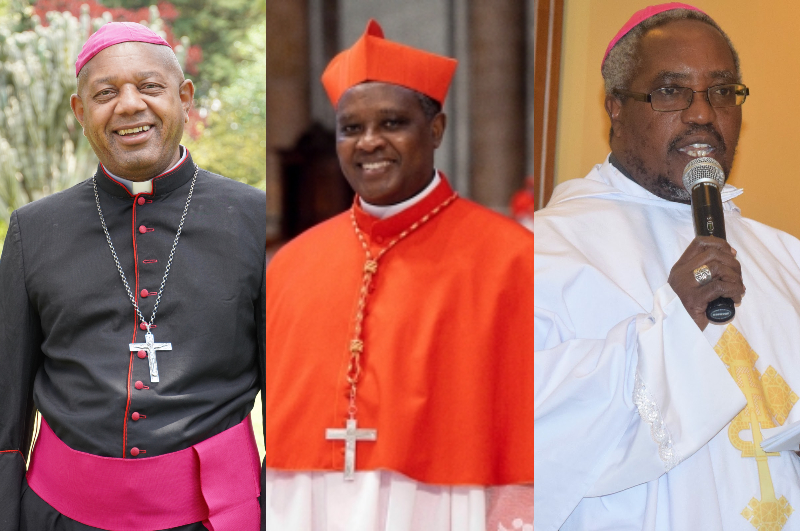
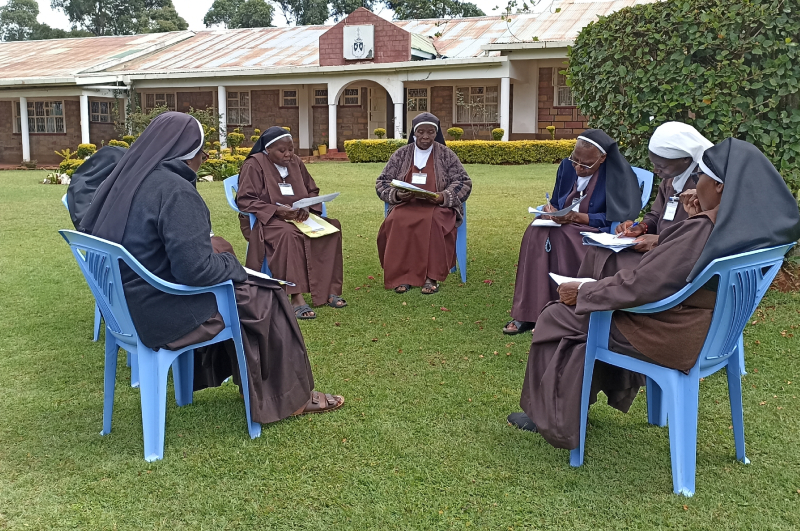
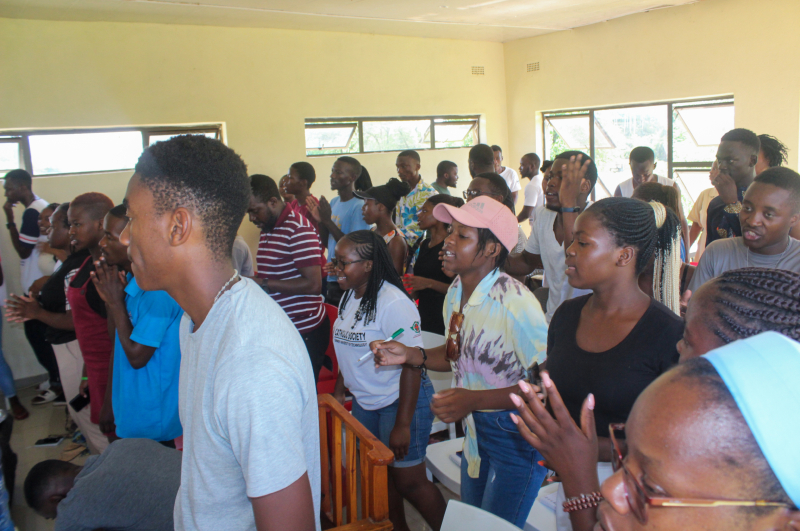
Select Payment Method
Pay by bank transfer
If you wish to make a donation by direct bank transfer please contact Fr Paul Hamill SJ treasurer@jesuits.africa. Fr Paul will get in touch with you about the best method of transfer for you and share account details with you. Donations can be one-off gifts or of any frequency; for example, you might wish to become a regular monthly donor of small amounts; that sort of reliable income can allow for very welcome forward planning in the development of the Society’s works in Africa and Madagascar.
Often it is easier to send a donation to an office within your own country and Fr Paul can advise on how that might be done. In some countries this kind of giving can also be recognised for tax relief and the necessary receipts will be issued.


